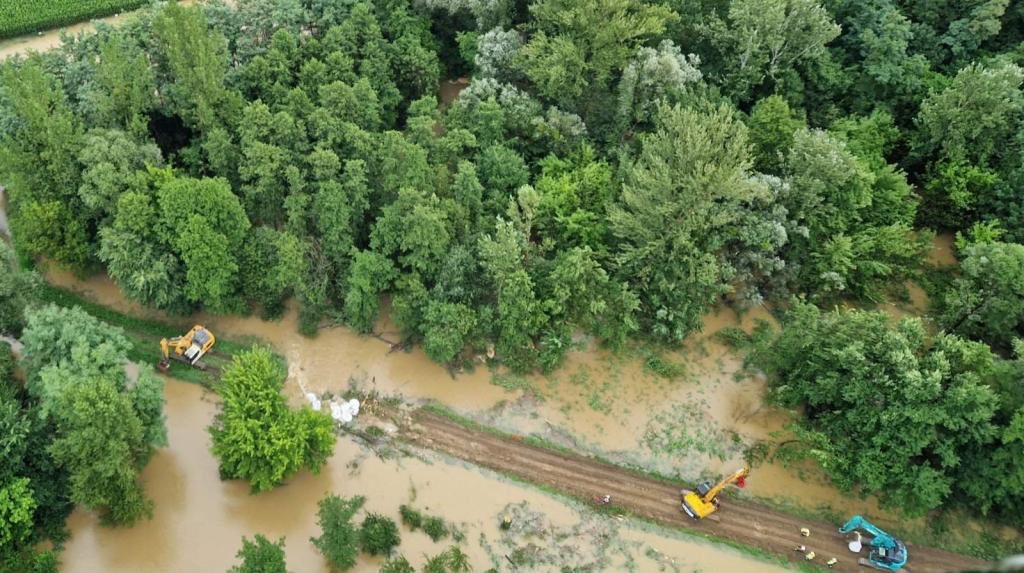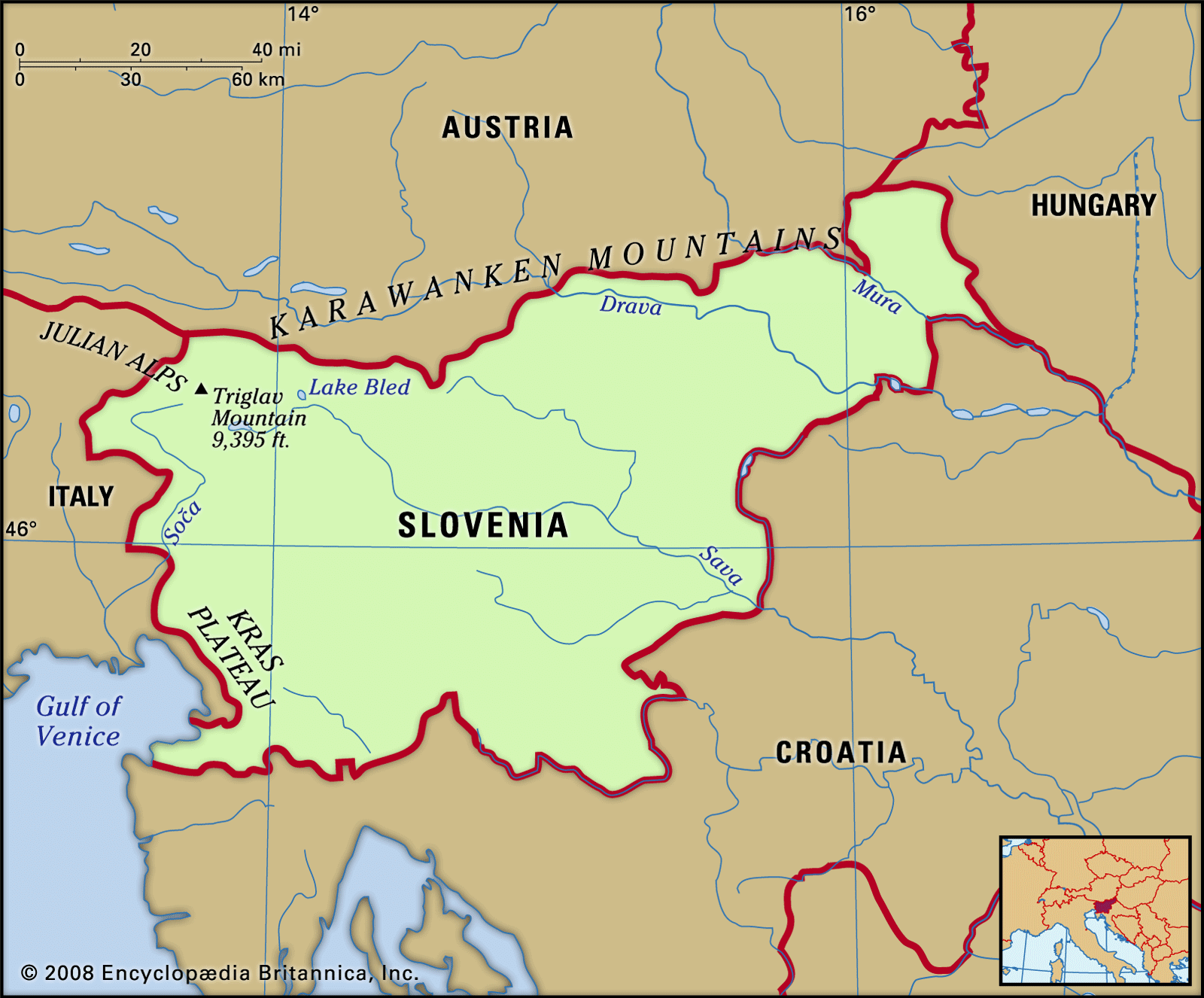Free Courses Sale ends Soon, Get It Now


Free Courses Sale ends Soon, Get It Now



Disclaimer: Copyright infringement not intended.
Context
The ongoing severe floods in Slovenia, which are described as the worst natural disaster the country has experienced since gaining independence in 1991.
Details
Magnitude of the Disaster
Response and Action Taken
Impact and Causes
Legislative Response and Amendments
About Slovenia

Disclaimer: Copyright infringement not intended.
Geography and Climate
Economy and Development
Culture and Heritage
Natural Disasters and Challenges
Environmental Concerns and Climate Change
International Cooperation and Support
|
PRACTICE QUESTION Q) Consider the following statements regarding Slovenia:
Select the correct statements using the codes below: (a) 1 only (b) 2 only (c) Both 1 and 2 (d) Neither 1 nor 2 Answer: (b)
|
© 2024 iasgyan. All right reserved